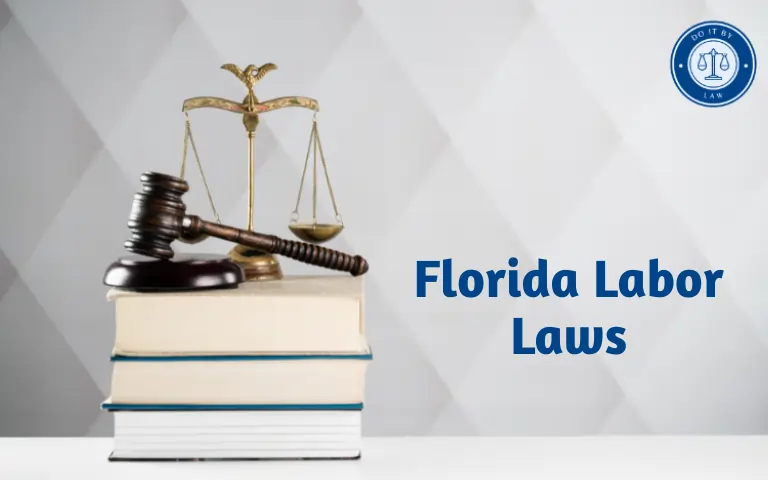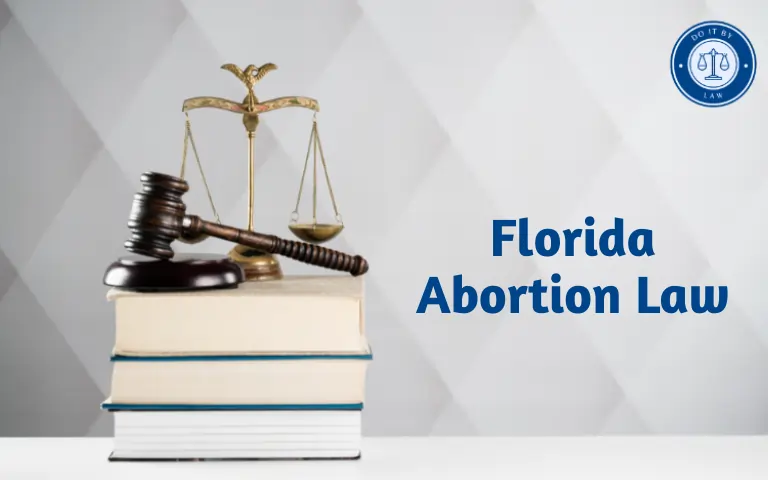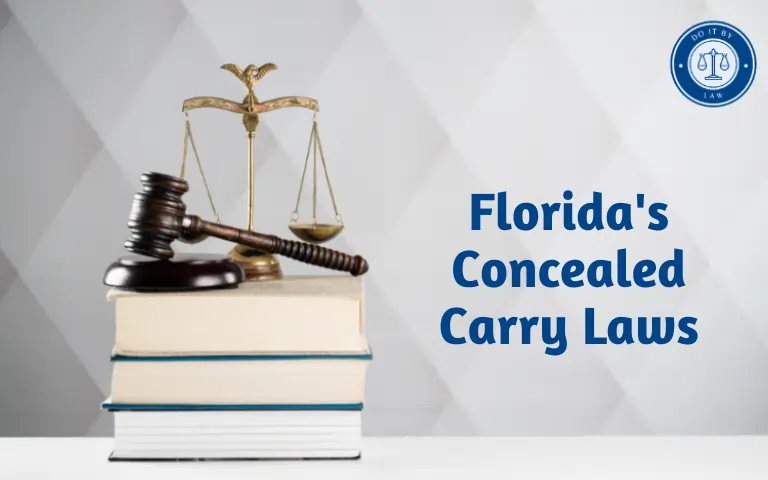Florida Labor Laws: What You Need to Know
Florida has unique labor laws covering issues like minimum wage, overtime pay, breaks, leave policies, child labor and more. This article provides an overview of key Florida Labor Laws regulations impacting employees and employers in the state.
When Were Florida’s Labor Laws Enacted?
There does not appear to be a specific date provided for when Florida’s labor laws were originally enacted. However, some details are provided on the enactment of certain specific labor laws in Florida:
- Statute 448.09 regarding prohibiting unauthorized alien employment was enacted at some point before the provided statute text, as the statute discusses the enactment of this law.
- The federal Occupational Safety and Health Act, which provides workplace safety regulations that apply to Florida private employers, was enacted at the federal level at some point before the information presented in the search results.
- Florida’s Child Labor Law, which regulates the employment of minors, was enacted at some point before the information presented, as employers are required to comply with the law’s provisions regarding employing minors.
- Florida’s “right-to-work” law, which provides rights related to union membership, was enacted at some point before the information presented, as employees are said to have rights protected by this existing state law.
- The state constitutional amendment approved in 2020 to gradually increase Florida’s minimum wage was added to Florida’s laws and constitution in 2020, with the phase-in beginning in 2021.
So in summary, while there does not appear to be a specific single enactment date provided for Florida labor laws as a whole, the search results give context for the enactment of several specific major Florida labor laws over recent decades. The text indicates these various labor laws were enacted prior to the information presented in the results.
Who Do Florida’s Labor Laws Apply To?
Florida’s labor regulations cover most private-sector employees working in the state, regardless of immigration status. Exceptions exist for some executives, administrators, professionals, outside sales staff and a few other narrow exemptions. Federal employees are covered by different U.S. labor statutes. Unique child labor rules apply to young workers under 18.
Florida’s Labor Laws primarily apply to:
- Employees working in Florida: This includes individuals working full-time, part-time, temporary, or seasonal positions for any private or public employer within the state. It covers various industries, from manual labor to white-collar jobs.
- Independent contractors (in some cases): While independent contractors typically operate under different rules, specific Florida labor laws, like wage payment laws, can apply under certain circumstances. Consult with a legal professional for individual case clarification.
- Employers in Florida: Any entity hiring individuals to perform work within the state is considered an employer and must comply with the labor laws governing wages, hours, working conditions, safety standards, and more.
Exceptions and Nuances:
- Federal employees: They primarily fall under federal labor laws, but some Florida labor laws might still apply depending on the specific situation.
- Volunteers: Generally exempt from most labor laws as they offer services without expecting compensation.
Key Provisions of Florida Labor Laws
Florida’s labor laws encompass a range of provisions aimed at protecting the rights and well-being of employees. Here’s a breakdown of some key aspects:
Minimum Wage
- As of January 1, 2023, Florida’s minimum wage is $12 per hour for nonexempt employees.
- This applies to most hourly workers, but some exceptions exist for tipped employees and specific industries.
Overtime Pay
- Employees covered by the federal Fair Labor Standards Act (FLSA) are entitled to overtime pay of one and a half times their regular hourly rate for any hours worked beyond 40 in a workweek.
- Some state and local laws might offer additional protections or differ slightly from the FLSA.
Breaks and Meal Periods
- Employers must provide reasonable breaks and meal periods to all employees according to state and federal regulations.
- Specific requirements vary depending on the employee’s age, work duration, and type of work.
Paid Leave
- Florida currently doesn’t mandate paid sick leave or paid time off.
- However, some employers choose to offer these benefits voluntarily, and local ordinances might mandate paid sick leave in certain areas.
Discrimination
- It’s illegal to discriminate against employees based on protected characteristics like race, color, religion, sex (including pregnancy), national origin, age, disability, or genetic information.
- This applies to hiring, firing, promotions, compensation, and other terms of employment.
Workplace Safety
- Employers have a legal responsibility to provide a safe and healthy work environment for their employees.
- This includes following safety regulations, providing required safety equipment, and promptly addressing any safety hazards.
Wage Theft
- It’s illegal for employers to withhold, deduct, or fail to pay wages owed to their employees.
- Florida laws define specific timelines for wage payment and outline consequences for wage theft violations.
Other Notable Provisions
- Child labor laws restrict the types and hours of work minors can perform.
- Family leave laws offer certain job protections for employees taking leave for family reasons under specific circumstances.
- Whistleblower protection laws safeguard employees who report illegal or unethical activities within the workplace.
By understanding these key provisions, employees can be better informed about their rights and responsibilities within the workplace. Always remember to speak up and seek guidance if you encounter any situation that appears to violate your rights under Florida’s labor laws.
Penalties for Violating Florida Labor Laws
Violating Florida’s labor laws isn’t just wrong, it can also land you in hot water. Whether you’re an employer or employee, understanding the potential penalties is crucial. Here’s a breakdown of the consequences you might face:
For Employers:
- Fines: The state Department of Economic Opportunity (DEO) can impose fines ranging from $500 to $10,000 per violation, depending on the severity and frequency of the offense. Repeated violations can lead to even higher fines.
- Back wages and liquidated damages: Employers found to have underpaid employees are liable for back wages (unpaid wages owed) and liquidated damages (an equal amount as penalty). This can significantly impact their bottom line.
- Civil lawsuits: Employees can file civil lawsuits against their employers for various violations, seeking compensation for damages and legal fees. This can be a lengthy and costly process for employers.
- Criminal charges: In extreme cases, willful violations of certain labor laws, like wage theft or child labor violations, can lead to criminal charges and potential jail time.
- Reputational damage: Negative publicity due to labor law violations can damage an employer’s reputation and make it difficult to attract and retain good employees.
For Employees
- Disciplinary action: Depending on the specific violation, employees who break labor laws, like unauthorized absences or engaging in illegal activities at work, could face disciplinary action up to and including termination.
- Civil lawsuits: While less common, employees can also face civil lawsuits if their actions cause harm to the employer or other employees.
Remember: This is not an exhaustive list, and the specific penalties can vary depending on the nature of the violation, the number of employees affected, and previous offenses.
Remember, complying with labor laws isn’t just about avoiding penalties; it’s about creating a fair and positive work environment for everyone involved. By being aware of the consequences of violating these laws, both employers and employees can contribute to a healthier and more ethical workplace.
Recent Changes to Florida Labor Laws
Some recent changes in Florida labor regulations include:
- The minimum wage has been gradually increased to reach $15/hour in 2026.
- The Florida Constitution now requires employers to provide paid sick leave.
- Parental leave was mandated in 2022 for births or adoptions.
- Overtime pay can now reach 300 hours a year for certain first responders.
- Off-duty hours and personnel record protections were strengthened.
- Rules added legal accommodations for pregnant employees.
- Labor law enforcement and investigation processes were reformed.
Controversies and Challenges With Florida Labor Laws
Florida labor laws involve some ongoing disputes such as:
- Business groups argue regulations like sick leave mandates and minimum wage hikes threaten jobs.
- Advocates say recent changes don’t go far enough to protect workers’ rights.
- Vagueness around some classifications leads to exemptions disputes.
- Weak enforcement resources constrain oversight and accountability.
- Preemption limits more progressive local labor laws in Florida cities.
- Racial and gender pay equity gaps persist despite equal pay laws.
- Identifying employees versus independent contractors remains challenging.
Reconciling employer flexibility and worker protections will continue sparking conflicts.
Frequently Asked Questions
Conclusion
Florida provides a dynamic landscape for employment law and labor policy debates. While core wage and hour protections follow federal standards, the state has expanded mandates like minimum pay and sick leave. Ongoing political battles shape issues from classification to local preemption as the workforce evolves. Both employees and employers must stay informed on the key requirements, exemptions and controversies surrounding Florida labor regulations.







